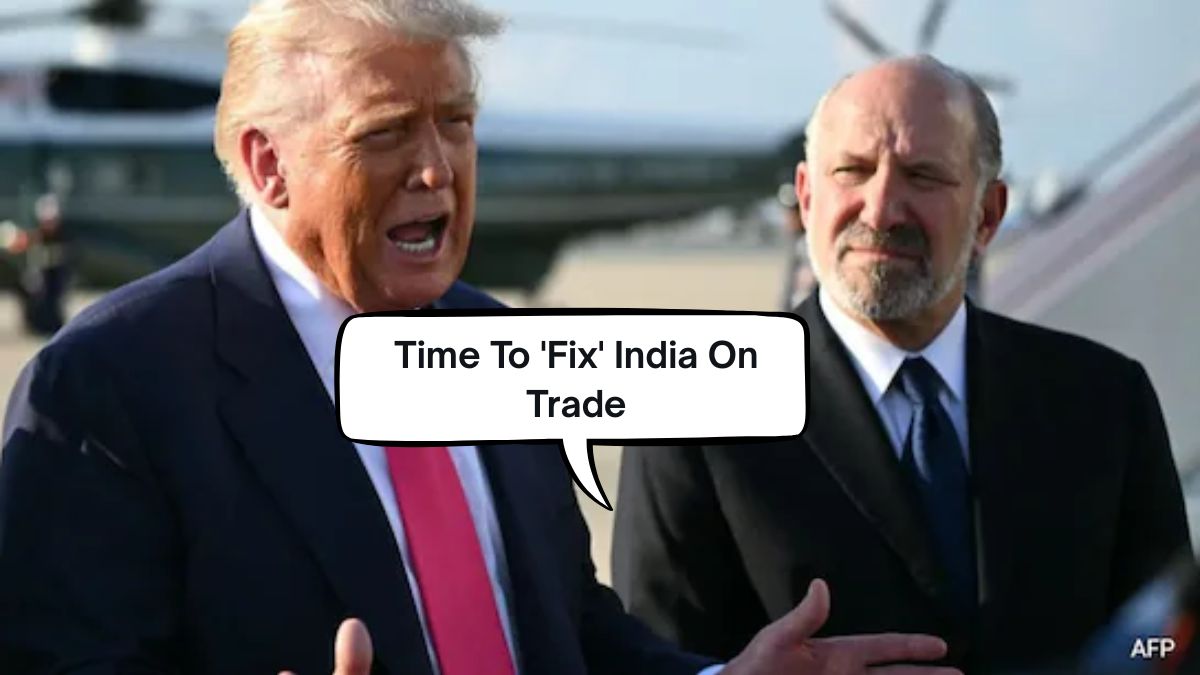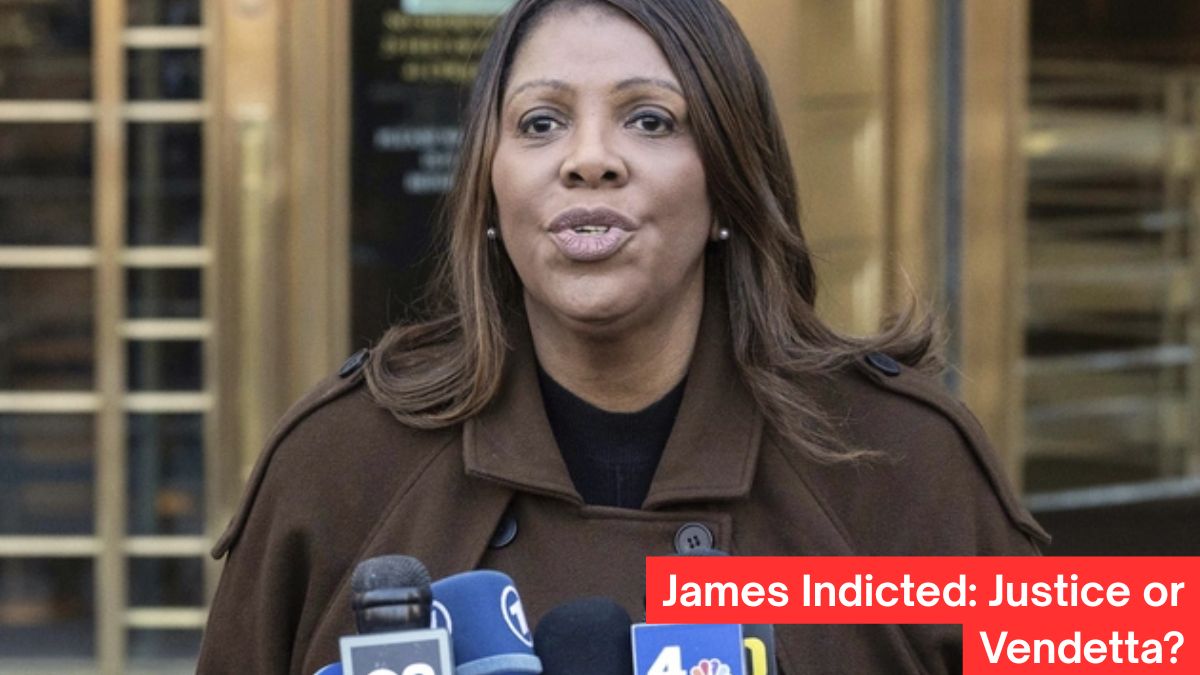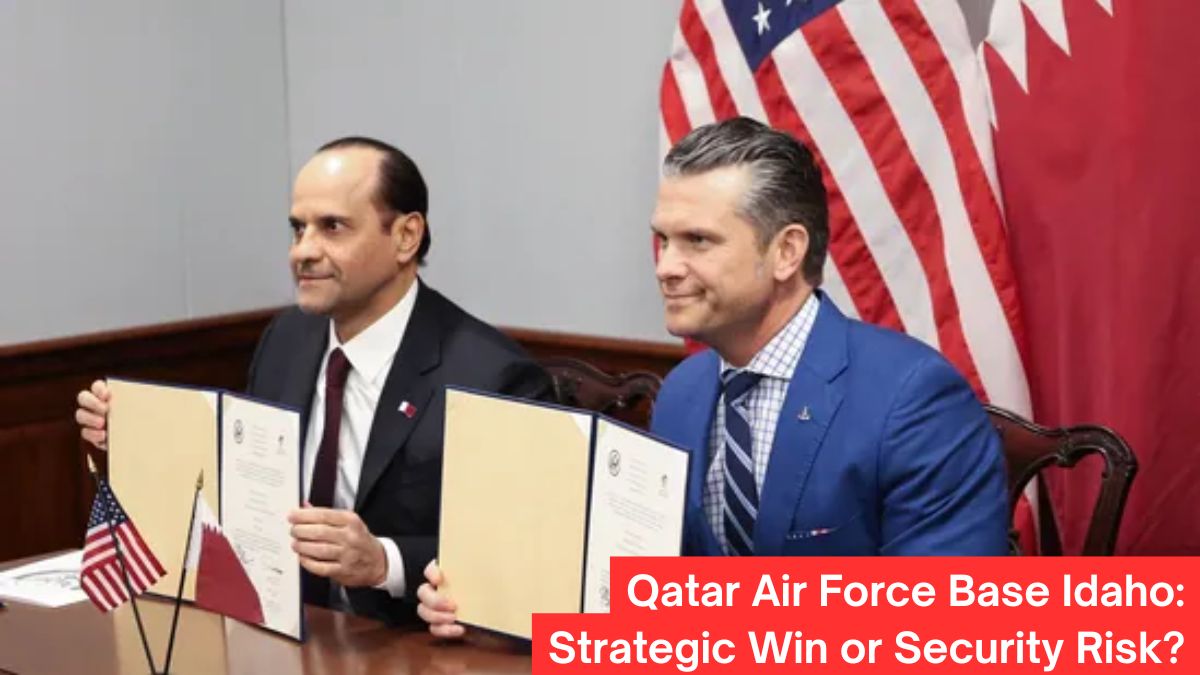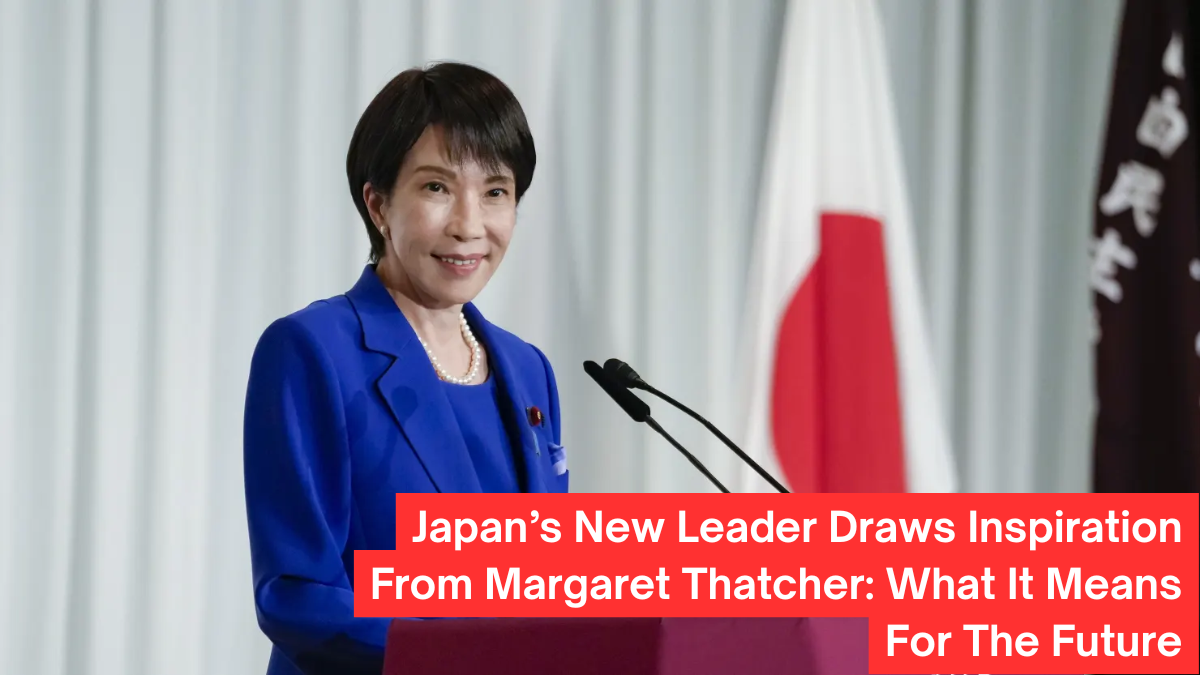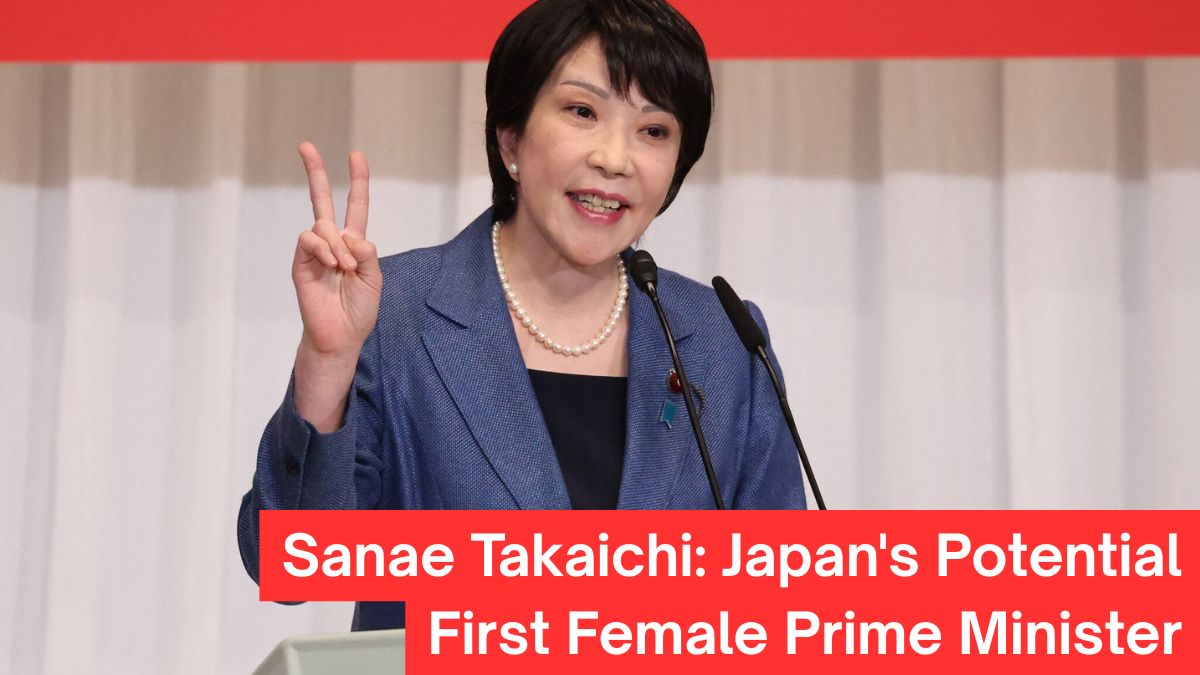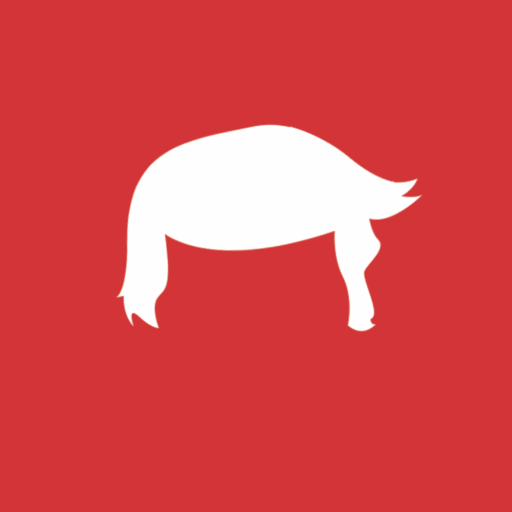US Commerce Secretary Howard Lutnick has said on national television that the United States must “fix” trade relationships with countries such as India and Brazil.
He argued that these nations are not following fair trade practices. The message signals a return to the “America First” agenda. The Trump administration is now clear that it will not allow American jobs and industries to be weakened by what it calls one-sided deals.
For workers and farmers in the US, this strong message is being seen as a new phase in trade policy.
Key Takeaways
- The US has already imposed 50% tariffs on Indian exports as part of ongoing disputes.
- Lutnick demanded that India open its markets and stop importing cheap Russian oil.
- He warned that the “first deal is always the best deal,” meaning tariffs will increase if India resists.
- Social media debates are rising, with #FixIndia and #TrumpTariffs trending globally.
- Main issues include Russian oil, US farm exports, and duties on Indian pharmaceuticals.
Trump Administration’s Hard Line
The Trump team is making it clear that tariffs are now a central tool of pressure. The current 50% duties are already cutting into India’s export base. In his recent interview on NewsNation, Lutnick repeated three main demands: India must lower barriers for US goods, cut back on Russian oil purchases, and align trade more closely with American interests.
This is not the first warning. In September, Lutnick openly criticized India for showcasing its 1.4 billion people as a strong consumer base but at the same time refusing to buy US corn. According to him, these measures are not bullying but “smart business” aimed at protecting American workers and farmers.
Reactions On Social Media
The debate online has grown quickly. On X (formerly Twitter), hashtags like #FixIndia and #TrumpTariffs have crossed tens of thousands of posts. Clips from the Lutnick interview have drawn more than 400,000 views within a day. In the US, many voices are cheering the move as necessary protection. In India, the reaction has been sharp, with users calling it economic pressure and unfair targeting. The division highlights how trade disputes are spilling into global political debates.
Issues Driving The Dispute
| Issue | US Stance (Lutnick/Trump) | India’s Pushback | Impact On Americans |
|---|---|---|---|
| Russian Oil Buys | 25% tariff penalty – “Stop funding Putin!” | Calls it national interest | Protects US energy jobs, weakens Russia |
| Market Access | Open US corn and goods | High tariffs remain | Supports US farmers, creates fair trade |
| Pharma Exports | 100% duty on branded drugs | Calls it unfair for pharma revenue | Protects drug innovation, reduces knockoffs |
| Overall Tariffs | 50% on major exports | WTO complaints, reciprocal duties | Cuts trade deficit, keeps money in US |
America First Strategy In Practice
The Trump administration says this is not about punishing India but about ensuring balance. Supporters argue that too many American jobs have already been lost to unfair trade deals. By pushing partners like India and Brazil to change, Trump officials believe they are fulfilling promises made to US workers.
Critics in India have called this “imperial overreach.” Yet officials in Washington believe strong action is necessary. When social media analysis shows 70% of Indian users reacting negatively, it highlights how disruptive this policy is to the old trade order.
The administration says that allies must respect American terms if they want to benefit from access to the US market. Lutnick’s line that “the first deal is the best deal” is being read as a direct warning: either agree early or face harsher penalties.
Final Outlook
The demand to “fix India” reflects a bigger global trade strategy. Trump’s team is not just looking for talks but for results that benefit American workers. The administration believes this is the only way to protect industries, strengthen energy security, and reduce trade deficits.
The open question is whether India will bend under tariff pressure or escalate the fight with reciprocal measures. Either way, the message is clear: America will not step back from enforcing fair trade rules.
